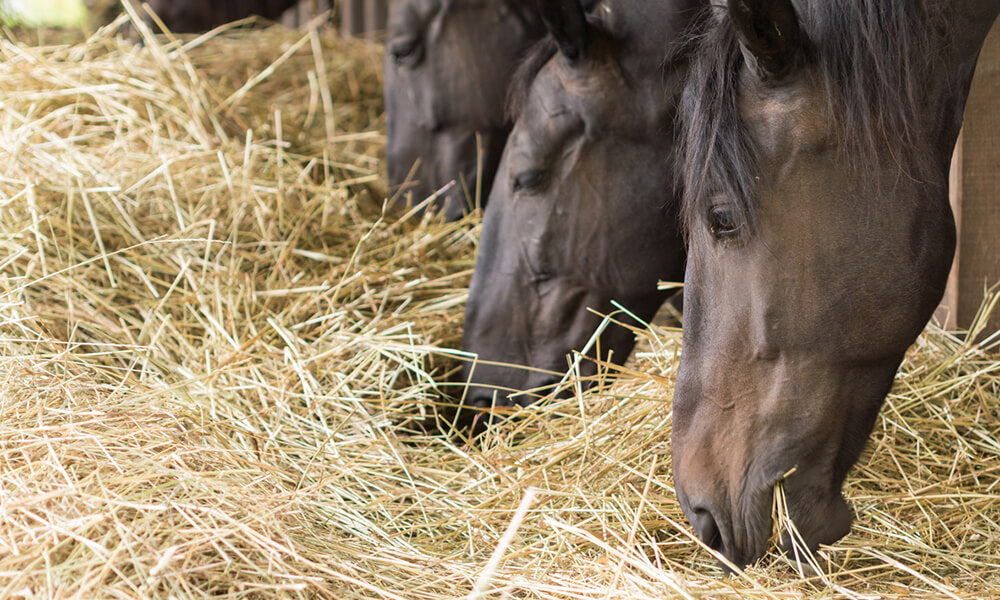Many equestrian enthusiasts are curious about the use of garlic for horses. This interest stems from the herb’s known benefits to humans, which now extend to our equine companions. In this article, we delve into how garlic can impact horse health, exploring its potential advantages and necessary precautions.

What is Garlic?
Garlic, scientifically known as Allium sativum, is a plant in the onion family. It has been used for centuries in human diets and as a natural remedy for various ailments. Garlic contains sulfur compounds, vitamins, and minerals that contribute to its health benefits.
Historical Use of Garlic in Animal Care
Historically, garlic has been used in animal care for various purposes. It is believed to have antibacterial and antifungal properties, making it a natural alternative to keep animals healthy.
Garlic’s Role in Horse Diets
Incorporating garlic for horses into their diets can offer several benefits. When used correctly, garlic can support the immune system, act as a natural fly repellent, and aid in respiratory health.
Benefits of Garlic for Horses
Immune System Support
Garlic is known to boost the immune system, helping horses fight off infections and diseases. The sulfur compounds in garlic are believed to enhance the production of white blood cells.
Natural Fly Repellent
One of the most popular uses of garlic for horses is as a natural fly repellent. When consumed, garlic is thought to emit a smell through the horse’s skin, deterring flies and other pests.
Respiratory Health
Garlic may benefit horses with respiratory issues. It is believed to help clear mucus and support lung function, making it easier for horses to breathe.
Potential Risks and Precautions
Dosage and Administration
While garlic can be beneficial, it is crucial to administer the correct dosage. Overfeeding garlic can lead to health issues, including anemia. Always consult with a veterinarian before adding garlic to a horse’s diet.
Possible Side Effects
Some horses may experience side effects such as stomach upset or allergic reactions. Monitor your horse for any adverse symptoms after introducing garlic to their diet.
How to Incorporate Garlic into Your Horse’s Diet
Garlic can be introduced into a horse’s diet in various forms, including fresh, powdered, or as a supplement. Choose the form that best suits your horse’s needs and preferences.
Choosing the Right Form
Each form of garlic has its pros and cons. Fresh garlic is the most potent, while powdered and supplement forms may be more convenient. Consider your horse’s specific needs when making a choice.
Consulting a Veterinarian
Before adding garlic to your horse’s diet, consult with a veterinarian. They can provide guidance on the appropriate dosage and monitor your horse for any adverse effects.
Alternatives to Garlic
If garlic is not suitable for your horse, consider other natural alternatives. Herbs such as ginger and turmeric can also offer health benefits.
Comparing Garlic and Other Supplements
Garlic is just one of many supplements available for horses. Compare its benefits with other options to determine the best choice for your equine companion. For more information on horse supplements, visit horse mineral supplements.
Conclusion
Garlic for horses can offer numerous health benefits, from supporting the immune system to acting as a natural fly repellent. However, it is essential to use garlic responsibly and consult with a veterinarian to avoid any potential risks. By doing so, you can ensure the health and well-being of your equine companion.

FAQs
Is garlic safe for all horses?
While garlic is safe for most horses, some may have adverse reactions. Always introduce garlic gradually and consult with a veterinarian if you have concerns.
Can garlic replace traditional fly repellents?
Garlic can be an effective natural fly repellent, but it may not completely replace traditional options. Consider using it in conjunction with other methods for optimal results.
How much garlic should I feed my horse?
The amount of garlic to feed a horse varies based on their size and health. It is crucial to consult with a veterinarian to determine the appropriate dosage.
For more information on equine nutrition, visit equine nutrient absorption.
This article contains affiliate links. We may earn a commission at no extra cost to you.
